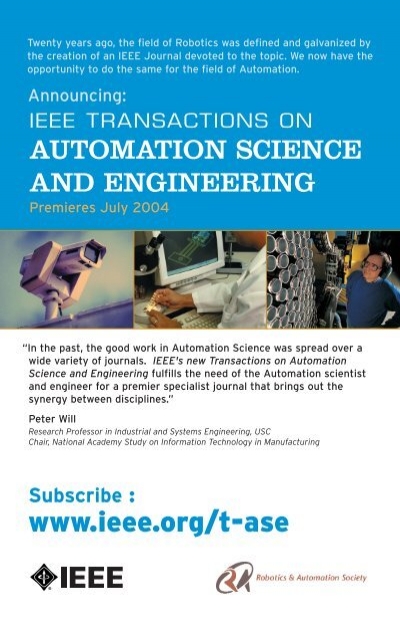通过混合滑模控制实现输入饱和的二阶多代理系统的有限时间共识
IF 6.4
2区 计算机科学
Q1 AUTOMATION & CONTROL SYSTEMS
IEEE Transactions on Automation Science and Engineering
Pub Date : 2025-04-11
DOI:10.1109/TASE.2025.3559947
引用次数: 0
摘要
研究了具有非线性扰动的二阶多智能体系统的有限时间一致性问题。为了应对日益复杂的通信环境所带来的挑战,采用事件触发控制设计了一种创新的积分滑模曲面。此外,本研究探讨了领导者与追随者之间的沟通约束,采用脉冲控制,只在特定的时间间隔促进沟通。针对二阶质量,提出了一种新的混合积分滑模控制协议,有效地消除了“芝诺现象”,显著降低了通信频率和能耗,从而提高了整体通信效率。最后,通过包括对比实验在内的仿真算例验证了所提协议的有效性。从业人员注意:本文的动机在于MASs的实际应用中普遍存在控制资源和通信带宽有限的问题。不解决这些限制可能会导致性能下降。为了进一步降低通信成本,实现更大的节能,本文针对扰动下的非线性二阶质量,提出了一种混合滑模控制协议。理论推导表明,所提出的控制协议可以实现领导者跟随的FTC。仿真实验验证了该方法的优越性,表明该方法在应用中可以大大减少通信次数,具有一定的实际意义。本文章由计算机程序翻译,如有差异,请以英文原文为准。
Finite-Time Consensus of Second-Order Multiagent Systems With Input Saturation via Hybrid Sliding-Mode Control
This paper addresses the finite-time consensus (FTC) issue for second-order multi-agent systems (MASs) with nonlinear disturbances. To tackle the challenges posed by increasingly complex communication environments, an innovative integral sliding-mode surface is designed using event-triggered control. Furthermore, the study explores communication constraints between the leader and followers, employing impulsive control to facilitate communication only at specific intervals. A novel hybrid integral sliding-mode control protocol is advanced for the second-order MASs, which effectively eliminates the “Zeno phenomenon” and notably reduces both communication frequency and energy consumption, thereby enhancing overall communication efficiency. Ultimately, the efficacy of the put forward protocol is verified through simulation examples including comparison experiment. Note to Practitioners—The motivation of this paper lies in the fact that the problem of limited control resources and communication bandwidth is prevalent in the practical applications of MASs. Failing to address these limitations is likely to result in performance deterioration. To further reduce communication costs and achieve greater energy savings, a hybrid sliding mode control protocol is put forward for nonlinear second-order MASs under disturbances in this paper. Theoretical deduction shows that the proposed control protocol can achieve leader-following FTC. Additionally, simulation experiments validate its superiority, both of which indicate that it can greatly reduce the number of communications in applications with certain practical significance.
求助全文
通过发布文献求助,成功后即可免费获取论文全文。
去求助
来源期刊

IEEE Transactions on Automation Science and Engineering
工程技术-自动化与控制系统
CiteScore
12.50
自引率
14.30%
发文量
404
审稿时长
3.0 months
期刊介绍:
The IEEE Transactions on Automation Science and Engineering (T-ASE) publishes fundamental papers on Automation, emphasizing scientific results that advance efficiency, quality, productivity, and reliability. T-ASE encourages interdisciplinary approaches from computer science, control systems, electrical engineering, mathematics, mechanical engineering, operations research, and other fields. T-ASE welcomes results relevant to industries such as agriculture, biotechnology, healthcare, home automation, maintenance, manufacturing, pharmaceuticals, retail, security, service, supply chains, and transportation. T-ASE addresses a research community willing to integrate knowledge across disciplines and industries. For this purpose, each paper includes a Note to Practitioners that summarizes how its results can be applied or how they might be extended to apply in practice.
 求助内容:
求助内容: 应助结果提醒方式:
应助结果提醒方式:


